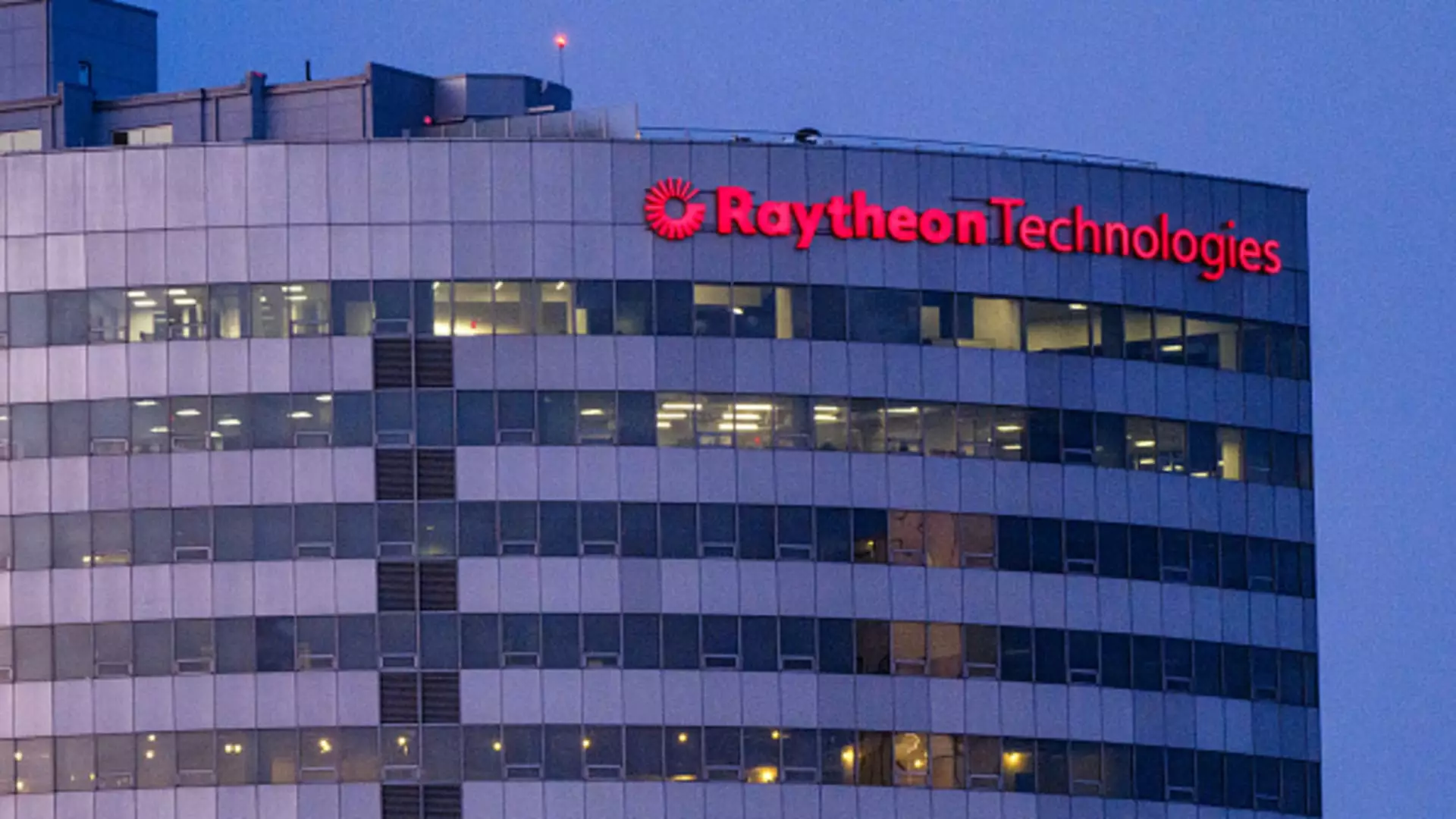In a significant turn of events, Raytheon, a subsidiary of defense contractor RTX, has committed to paying over $950 million to resolve investigations stemming from allegations of government contract fraud, foreign bribery, and violations of export controls. The case highlights severe lapses in corporate governance and ethical conduct in one of the United States’ leading defense companies. This settlement is emblematic of a broader issue of accountability that has plagued many sectors, particularly in defense contracting, where taxpayer dollars and national security are at stake.
In addition to the hefty payment to the U.S. Department of Justice (DOJ), Raytheon is set to pay an additional $124 million to settle claims made by the Securities and Exchange Commission (SEC) regarding infractions of the Foreign Corrupt Practices Act. These violations include allegations of bribing officials in Qatar, amounting to over $32 million, which Raytheon supposedly did to secure defense contracts. The intricate web of deceit showcases how corporations can sometimes prioritize profit over integrity, leading to detrimental consequences not just for the companies themselves, but also for taxpayers and the integrity of governmental institutions.
The ramifications of these agreements extend beyond financial penalties. Raytheon has entered into deferred prosecution agreements, which indicate a serious recognition of wrongdoing. The company faces charges connected to conspiring to two distinct schemes: bribery of a senior official in Qatar and failure to disclose these bribes during export licensing processes. In another troubling aspect, the company acknowledged that it engaged in fraudulent activities with the Defense Department regarding critical defense systems, such as the Patriot missile systems. These revelations about the actions of a publicly traded contractor raise fundamental questions about corporate ethics and oversight in industries critical to national security.
As part of the settlements, Raytheon is required to enhance its compliance protocols and will be monitored by an independent entity for three years. This move, while somewhat of a mitigative step, raises concerns about the effectiveness of such measures in truly reforming corporate culture. The fact that these unethical practices were allegedly systemic, occurring largely prior to 2020, suggests a need for more stringent oversight mechanisms within the defense contracting industry.
In a public statement, RTX accepted responsibility for the misconduct, emphasizing their commitment to rectifying past errors and safeguarding against future violations. However, the effectiveness of these intentions remains to be seen. The words of Deputy Assistant Attorney General Kevin Driscoll highlight the gravity of the situation, emphasizing that corrupt practices not only jeopardize public trust but also harm the broader business environment that adheres strictly to regulations.
Raytheon’s recent settlements underline the critical importance of integrity within the corporate landscape, particularly in sectors where national security is a concern. The ongoing evolution of corporate governance demands heightened vigilance, transparency, and a firm commitment to ethical conduct. As the dust settles on this scandal, Raytheon’s actions will serve as a potentially cautionary tale not just for itself, but for the entire industry moving forward.

Leave a Reply